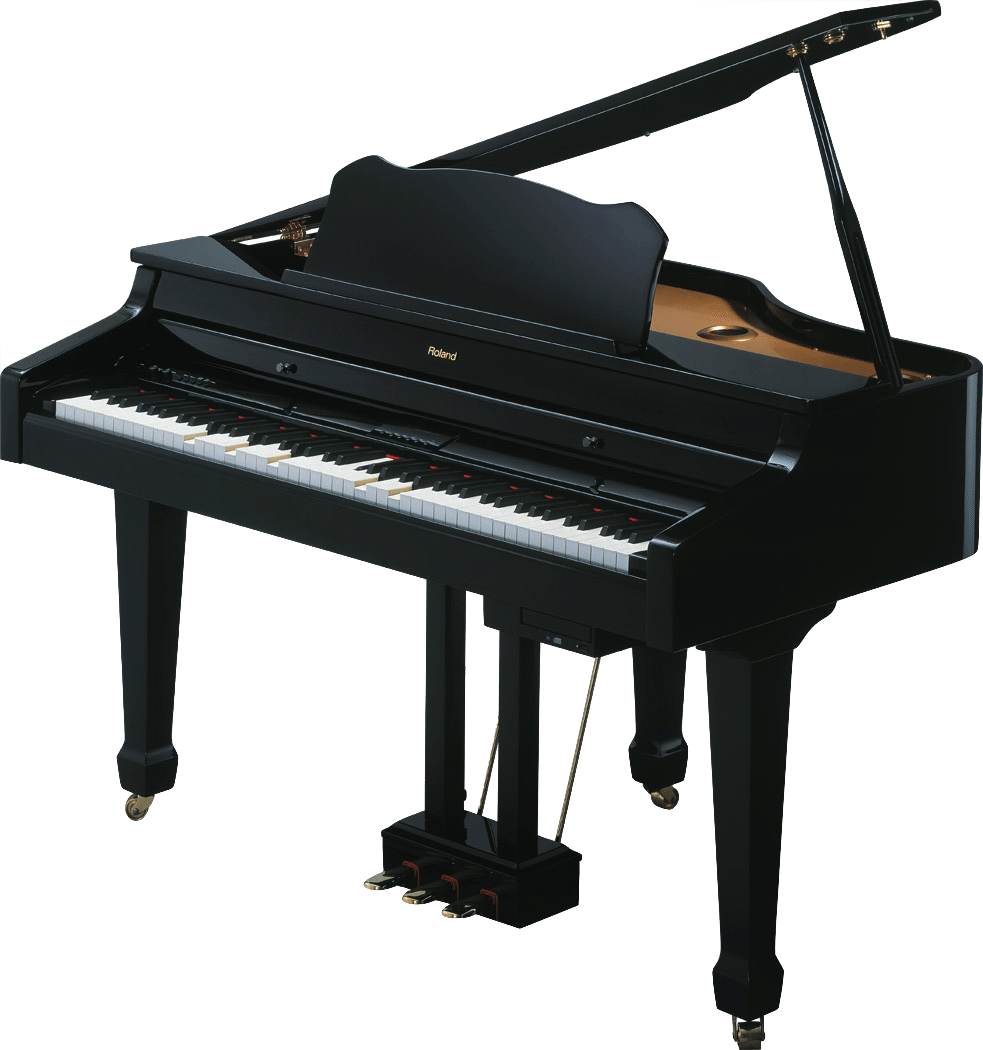When I was a child, all my heart desired was a piano. I loved to sing in the choir and longed to accompany myself at home. The year I turned 10, my parents bought me the best little upright they could afford and I taught myself to pick out the simple tunes in the included song book, even making up a few of my own. I swore I would one day take proper lessons.
Many years later I purchased my own baby grand and took those long-desired-for instructions. If you’ve also dreamed of owning a piano, here are some things to keep in mind before purchasing.
If possible, purchase the best quality new piano within your budget. If that falls outside your means, consider a second-hand one or a new digital piano. If you will be taking lessons, don’t forget to include them in your total cost.
New or Pre-Owned Acoustic
New or used, if your heart is set on an acoustic piano, make sure to buy it from a retailer who allows you to play it first. No two pianos are alike, even brand new ones from the same manufacturer, and this is where your sense of which one “feels” right will come into play. If your budget dictates second-hand, keep in mind that many of them are older and will likely need tuning. Issues may arise with the hammers and dampers as well as the action ¾ the heart of any piano whose purpose it is to transmit the pianist’s actions to the hammers.
Upright or Grand
The most basic musical differences between upright and grand pianos are in the action and the keys and pedals. Keeping it simple, in an upright the strings are vertical and are struck by the hammers from the side. Without gravity as a helper, uprights generally produce slower repetition, which means a different sound. Your best bet is to play both types before buying.
Digital
Huge advances in the digital piano world have been made in recent years. If space and budget limit your options, then a digital piano, with its high quality sound and relatively lower cost is a great choice.
Placement
Take a look around your home and keep in mind that pianos should, if possible, be placed away from warm or cold, radiant or blowing air and windows. Keep in mind, too, that what surrounds your piano will affect its sound, usually toning it down from what it sounded like in the showroom.







